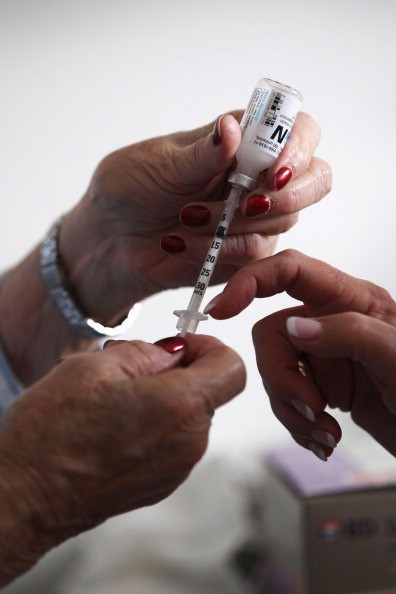
Diabetes is a growing epidemic. In the United States alone, more than 25 million men and women have been diagnosed with type 2 diabetes while around 85 million are already in borderline diabetes. These are individuals whose sugar levels are abnormally high. These figures don't include those who remain undiagnosed but may already be suffering from some signs and symptoms including nerve damage and kidney disease.
There are two reasons why a person develops diabetes: the body doesn't produce insulin (type 1) or the body develops insulin resistance, which causes the blood sugar to rise and for the pancreas to keep producing the hormone until the beta cells become significantly impaired (type 2).
The main difference between these two is that the latter is preventable but only if you learn to control your sugar intake.
However, Mayo Clinic experts believe that it's a lot easier said than done considering that there's sugar practically everywhere, from every sauce you put in your burger to beverages such as sodas and energy drinks. Moreover, these food products have fructose.
Although glucose and fructose are both simple sugars, they have different chemical structures and are therefore synthesized by the body not the same way. For example, fructose can only be metabolized by the liver, which is also responsible for storing extra glucose for energy use later.
Too much added sugar therefore leads to a liver overload. It also increases cholesterol and blood pressure levels, as well as risk of insulin resistance. Insulin resistance is one of the precursors of diabetes.
According to the researchers, about 70% of the products in the market contain these added sugars. One of the best ways to reduce your risk is to limit your intake. For example, you can eat more fruits and vegetables. It is also essential for the government to impose a stricter guideline and align it to that of World Health Organization, which limits sugar consumption to only 10% of the total calorie per day per person.

